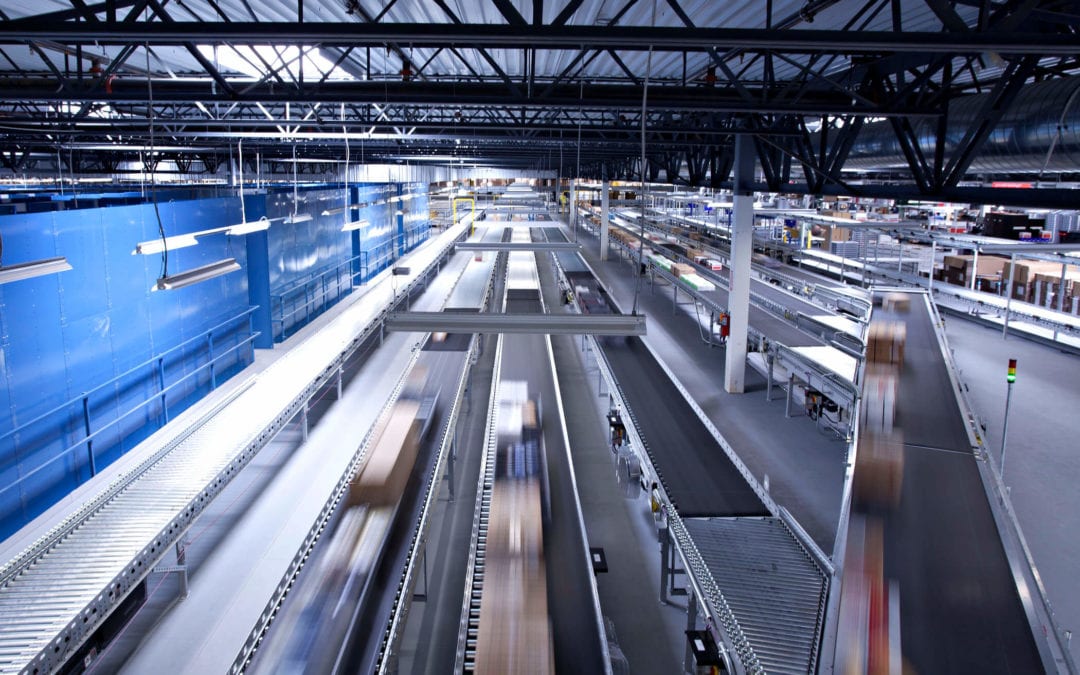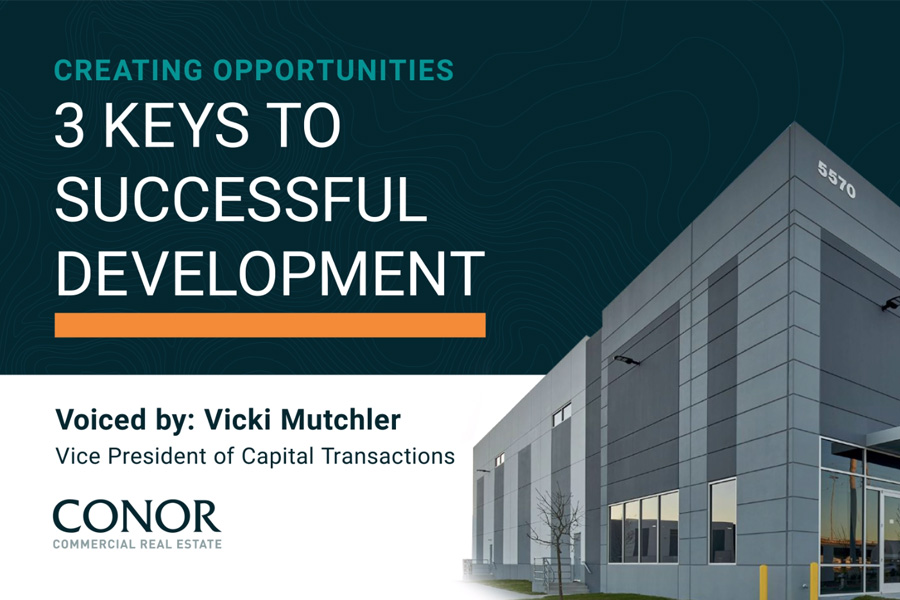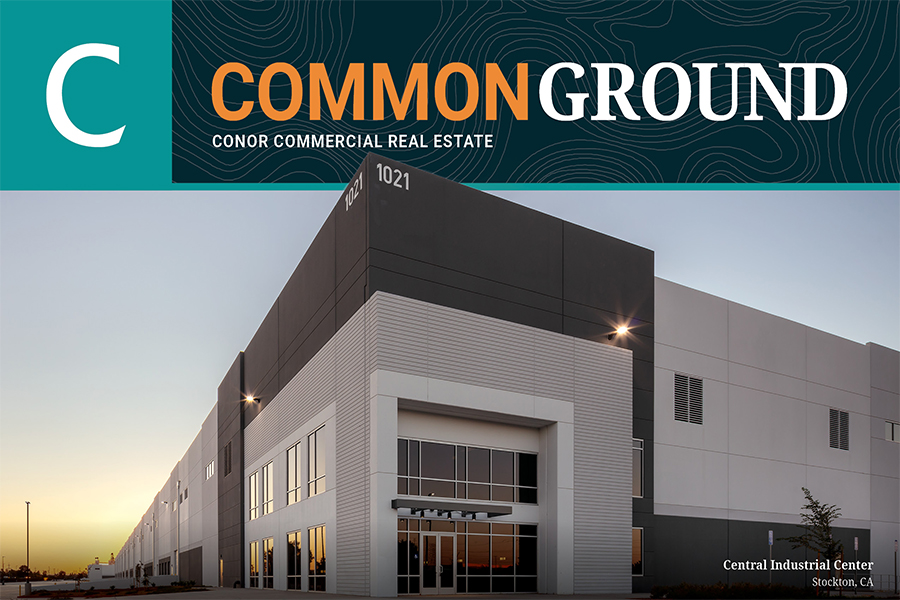
Written by: Alexa Sachs, Senior Marketing Coordinator
Growth in online sales over the last decade has spurred a revolution in e-commerce led by companies like Amazon, an online retailer with virtually endless product choices, quick deliveries and highly rated customer service. According to a report by Forrester Research Inc., the company accounted for 60% of U.S. online sales growth last year. With the rapid expansion of e-commerce, data and industry experts are offering a clearer picture of the impact of “the Amazon effect” as it drives change throughout retail, supply chain and logistics.
One notable effect is the rising demand for logistics real estate. As e-commerce has grown, traditional warehouse and distribution facilities have transitioned into mega fulfillment centers to house massive inventories with multiple work platforms and conveyor systems. Fulfillment centers typically require more than 500,000 square feet making it hard to find existing buildings to meet current needs.
Users will often turn to new construction for their facility requirements. In addition to being large, today’s fulfillment centers must have high roofs accommodating racking and mezzanines, greater building depth, wider column spacing, extensive dock doors and parking for trucks and trailers, energy-efficient systems and sustainable materials. Proximity to population centers and easy transportation access is another important factor for e-commerce operators. However, finding sites large enough to accommodate these types of facilities has resulted in higher land costs.
As e-commerce retailers seek to differentiate themselves, improve efficiencies and increase profitability, logistics facilities are increasingly being viewed as revenue drivers. In order to stay competitive, the e-commerce logistics model continues to evolve and changes in the physical distribution network have begun. Logistics companies are starting to relocate to more densely populated areas to save on transportation costs and time. This shift has resulted in the rise of entirely new types of warehouse and distribution facilities including prime hubs, urban logistics depots, delivery centers, sortation centers and returns processing centers.
New construction and renovations of existing structures will be needed to accommodate the logistical demands of e-commerce companies. According to Cushman & Wakefield, state-of-the-art fulfillment centers can cost three times as much to build as traditional warehouses. With such a significant investment, it is important to rely on development and construction experts to ensure the greatest return. The McShane Companies offers an experienced team of professionals to serve the growing needs of the e-commerce market. As one of the most active contractors on a national basis in this sector, let our experience work for you.






